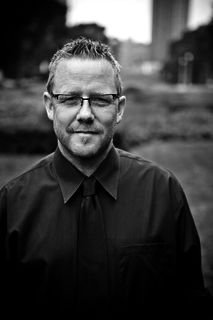A Quote by Henry Rollins
After having read a lot of fiction, literature, whatever you want to call it, from Wolfe to Houellebecq, I think you have to have an understanding and insight of the human condition that is informed and motivated by a desire to immerse yourself in the human world and bring these stories to bear.
Related Quotes
in addition to the conditions under which life is given to man on earth, and partly out of them, men constantly create their own, self-made conditions, which, their human origins notwithstanding, possess the same conditioning power as natural things. whatever touches or enters into a sustained relationship with human life immediately assumes the character of a condition of human existence. this is why men, no matter what they do, are always conditioned beings. whatever enters the human world of its own accord or is drawn into it by human effort becomes part of the human condition.
Who reads short stories? one is asked, and I like to think that they are read by men and women in the dentist's office, waiting to be called to the chair; they are read on transcontinental plane trips instead of watching banal and vulgar films spin out the time between our coasts; they are read by discerning and well-informed men and women who seem to feel that narrative fiction can contribute to our understanding of one another and the sometimes bewildering world around us.
The very function of creativity, of the elaboration of the human condition only enlarges the human spirit and, I mean, as a writer I don't want to read political literature all the time. It would be terribly boring and, you know, abrasive, but just reading the insights, you know, partaking of the insights of a writer into phenomena, into society, into human relationships, both on a micro level and on a macro level, is already a function.
For most of human history, 'literature,' both fiction and poetry, has been narrated, not written — heard, not read. So fairy tales, folk tales, stories from the oral tradition, are all of them the most vital connection we have with the imaginations of the ordinary men and women whose labor created our world.
Every type of destruction that human philosophy, human science, human reason, human art, human cunning, human force, and human brutality could bring to bear against this Book, and yet the Bible stands absolutely unshaken today. At times almost all the wise and great of the earth have been pitted against the Bible, and only an obscure few for it. Yet it has stood.
My motivation is to get a deeper understanding and exploration of something that I want to know about the human condition. So, that's what I look for in the material I read: if it's asking a genuine question about a concept of the world that interests me. And also, it helps if it's a context that I find interesting.
Sure, kids want to read whatever is the hot book, and of course they want to read fantasy and any kind of speculative fiction, but they also like to read stories with kids that look just like them, that have the same problems as them. And I've noticed that what they particularly want to see is to see those characters prevail. So they don't want sanitized situations. They want stories to be raw, they want them to be gritty, but they also do want to see the hope at the end of the story.
The human condition comprehends more than the condition under which life has been given to man. Men are conditioned beings because everything they come in contact with turns immediately into a condition of their existence. The world in which the vita activa spends itself consists of things produced by human activities; but the things that owe their existence exclusively to men nevertheless constantly condition their human makers.


































